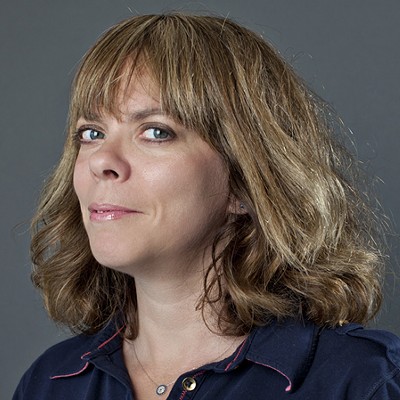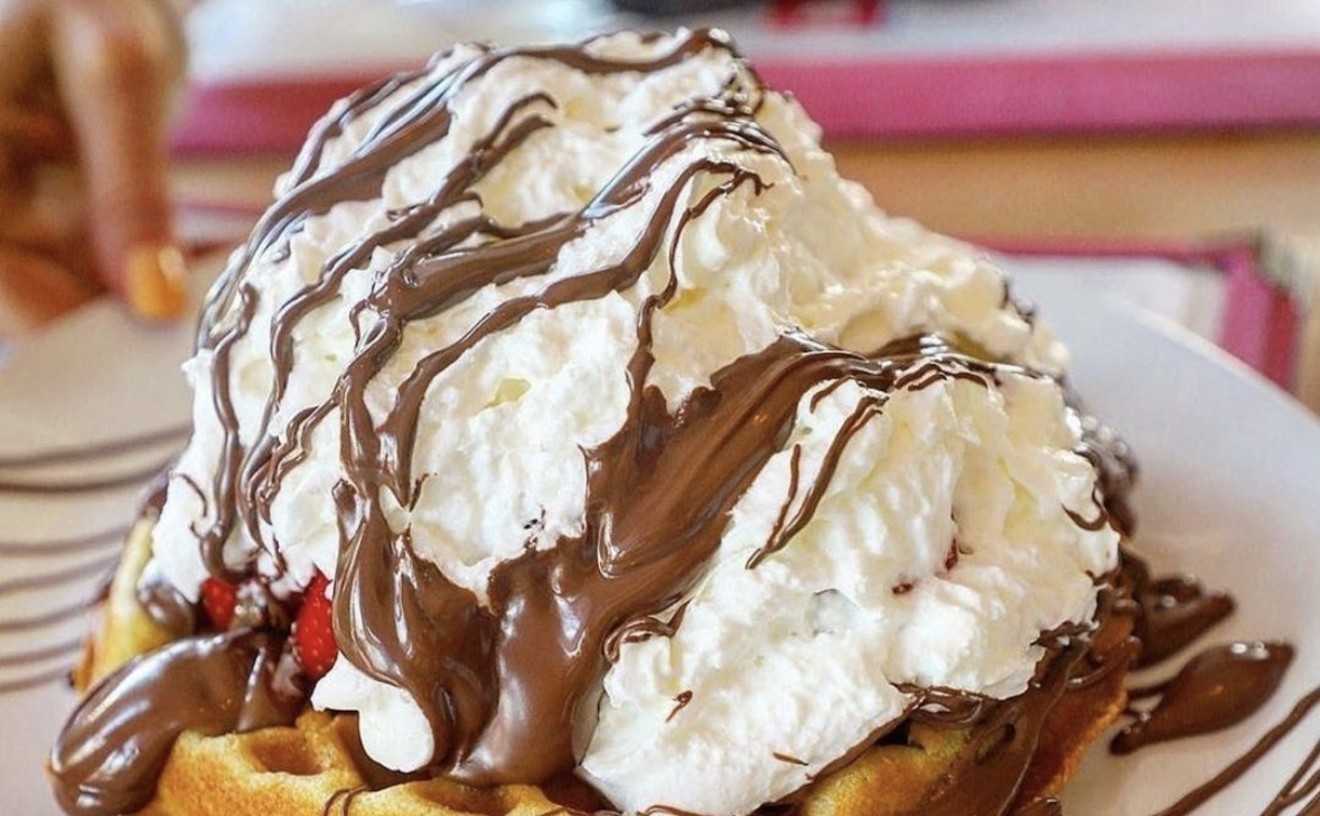As I walked into Dunkin' Donuts yesterday to grab a coffee in Miami, I noticed pumpkin doughnuts for sale. Suddenly a little frisson ran down my spine. I was transported back to a sunny morning almost a decade ago in New York.
Around 9 a.m. on that fateful September 11, I stopped at the Dunkin' Donuts on the corner of 42nd Street and Ninth Avenue. Since it was such a beautiful day, I decided to treat myself to a pumpkin pastry. Walking the two blocks to my office, I noticed how exceptionally lovely the city was in the early fall. Then, when I arrived at my office, all hell broke loose.
One of the girls said she had heard a rumor that a small
plane had hit the World Trade Center. There were no TVs; We heard what sounded like
every fire truck and police car in the city heading south towards
the towers. We ran outside.
Black smoke curled up in the
distance. Bits of news and speculation reached us. A second plane had just crashed into the
second tower. This was a planned terrorist attack. The Pentagon had been hit. Other planes were hijacked. One tower fell. Then the other. We closed the office, but there was
nowhere to go. The transit system was shut down, cell phones were
overloaded, the internet was sporadic, and no one wanted to be alone.
Where do you go when you can't go home? The local pub.
We wandered over to Mr. Bigg's in Hell's Kitchen (an ironic name for a neighborhood that day), usually the scene of after-work karaoke, now a place to watch horrific events unfold.
By 10:30 a.m. on a weekday, the bar was packed to capacity. Every chair was taken by those of us stranded in the city and others just terrified of going outside. I ordered a beer, my friend ordered a SoCo and lime. Booze on a weekday morning? Sounds like a plan when you're not sure whether or not tomorrow will come.
Another of my coworkers had an estranged husband who worked at the towers. I had an ex who worked there too. It didn't matter that the relationships didn't work out, we still wanted them safe. After securing a few bars of reception, I got in touch with my ex, who had played hooky to get one last round of golf in before it was too cold to play. My coworker learned her ex was at a breakfast. Insane that all that stood between life and death that day was a golf game or a latte at Starbucks.
Lunchtime came and went. We ordered burgers, wings, fries, and cheese sticks. And a third round of drinks for the table. The communal fries and nachos were picked at, but the burgers were untouched. Something about the scenes playing over and over again made food unimportant. Over a fourth round of beers, plans were made to try to walk over the bridges from Manhattan to our homes in New Jersey, Queens, and Brooklyn. The urge to stay in the safety of the restaurant was strong, but as everyone knows from zombie apocalypse movies, you have to get home before dark. Because things get scarier in the dark.
The next morning New York awoke to overwhelming sadness, but also
a sense of purpose. There was important work to be done. Already people
were coming from all over the country to volunteer at the site. First
responders were the heroes, but us regular people had jobs, too.
I wandered south on the West Side Highway until I got to Canal Street. Anything farther south was restricted. I found myself at a makeshift kitchen that had been set up to feed the volunteers who were sorting through the rubble. I assembled turkey and
peanut butter sandwiches, while others served coffee and handed out water to the men
and women heading out to the site and coming back covered with dust.
If we couldn't be on the site, we could
nourish those who were.
I watched giant dump trucks hauling away mangled cars and crushed fire
engines. I went back to work, because the simple act of putting meat between bread meant I was being helpful. And that's so much better than feeling helpless.
In the coming weeks and months I went to dozens of pot luck dinners and
bar fundraisers to help the families of people who perished that day. I dated a fireman who lost his brother at the towers. Dating firemen became sort of a "civic duty" if you were single in New York. Most of the dates consisted of toasting their fallen brethren. We ate and drank and listened to lots of stories of men and women just suddenly....gone.
Food is so much more than nourishment. It's comfort, celebration and
love. Feeding someone is an act of sharing and kindness. When we
celebrate a wedding or a birthday, we do it with food. When someone is
ill or dies, we comfort with food. When we love someone, we feed them.
That's what we did on 9/11 and in the days and weeks afterward. We made
lasagnas, handed out water bottles and met at coffee shops. We got our
appetites back -- for food, for life, for our city. And we started to
rebuild. But we never forgot.
On the morning of September 12, I walked out of my apartment in Jersey City to watch what was once the World Trade Center burn. I noticed yellow papers strewn all over the park that directly faced the Hudson River. I picked one up. It was a trade confirmation from the New York Mercantile Exchange, dated September 11, 2001. They were all trade confirmations that must have blown over after the blast. I was going to take something, then I threw it back on the ground. And I looked at the buildings smoulder and thought, that image is reminder enough.
Follow Short Order on Facebook and Twitter @Short_Order.











